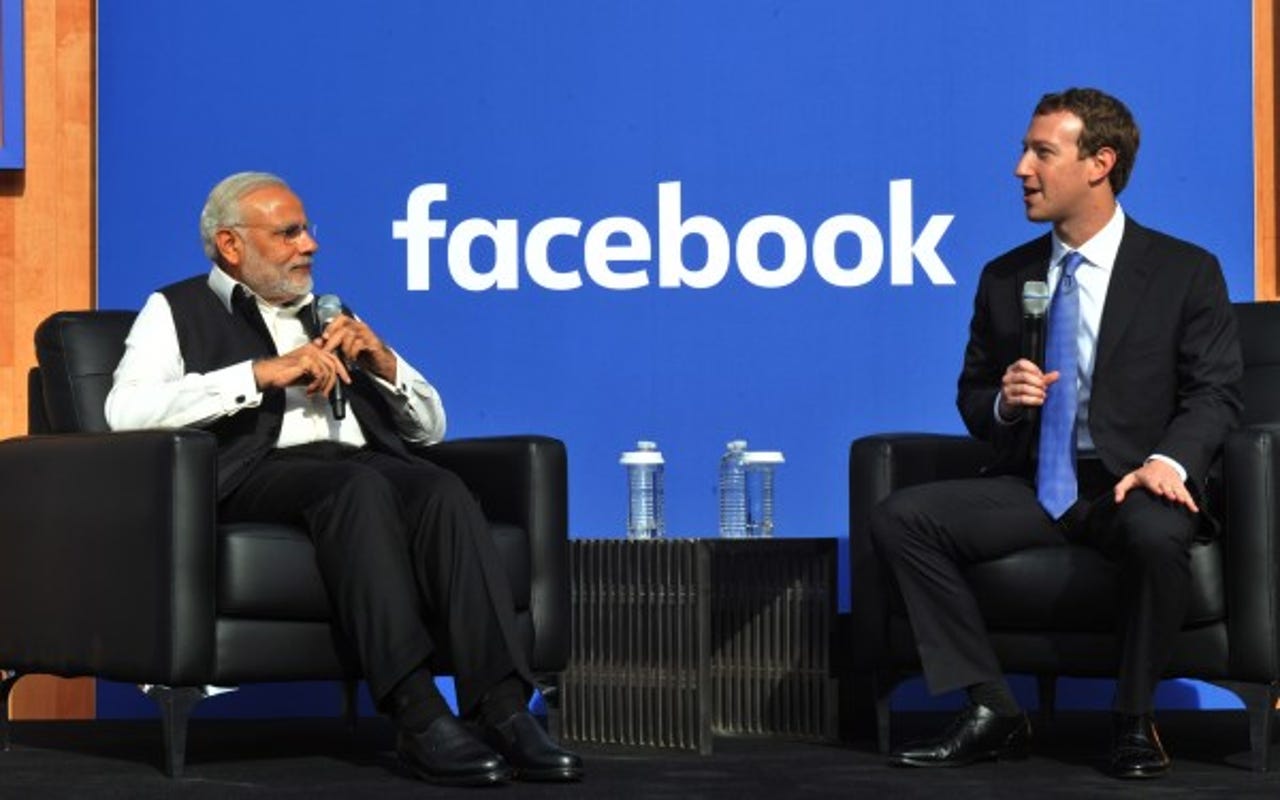Prime minister Modi woos US technology companies to focus on India, not China


Modi also did a public (Townhall) Q&A with Mark Zuckerberg at Facebook's campus, toured Tesla Motors, SAP and the Googleplex, had meetings with Satya Nadella, Apple's Tim Cook and the Khan Academy's Salman Khan, and hosted a Digital India Dinner with Satya Nadella (Microsoft), Sundar Pichai (Google), Shantanu Narayen (Adobe), Paul Jacobs (Qualcomm), John Chambers (Cisco) and 350 other business leaders. Among other things.
According to the Khaleej Times, "Prime Minister Modi also invited Apple to set up a manufacturing base in India and its CEO Tim Cook responded positively, Indian officials said". I wouldn't bet on that one coming off, but part of the Digital India strategy is to reduce electronics imports to zero by 2020.
Modi says Digital India "is an enterprise for India's transformation on a scale that is perhaps unmatched in human history." As usual in these cases, it involves making the internet widely available, putting government services online, and encouraging job- and wealth-creating start-ups. But Modi has been exploiting one of his advantages, which is that US technology companies already have thousands of Indian-born workers, including several CEOs.
Another advantage is that India represents a huge potential market, with its 1.3 billion population second only to China's. However, the Chinese internet is government controlled and has barriers to entry, whereas Modi is laying down a virtual welcome mat. This doesn't mean everything will go smoothly - being less oppressive than China is not much of a selling point - but at least problems may be negotiable.
Success is possible. India is already Facebook's second biggest market, with more than 125 million users, and Zuckerberg's internet.org project hopes to add millions more. It's also the biggest market for Facebook's WhatsApp messaging system. This is a good start in a country where a billion people have yet to come online.
According to Reuters, Modi said: "(India) has moved on from scriptures to satellites. The world has started to believe that the twenty-first century belongs to India."
Of course, Modi is telling Silicon Valley techies what they want to hear. I guess most of them - apart from, notably, Bill Gates - probably believe that poverty and India's massive social, religious and caste problems can be solved if more people have smartphones with internet access. Indeed, no doubt that will bring some improvements. But I expect it will also make India's problems more visible to outsiders, as well as rebellious insiders.